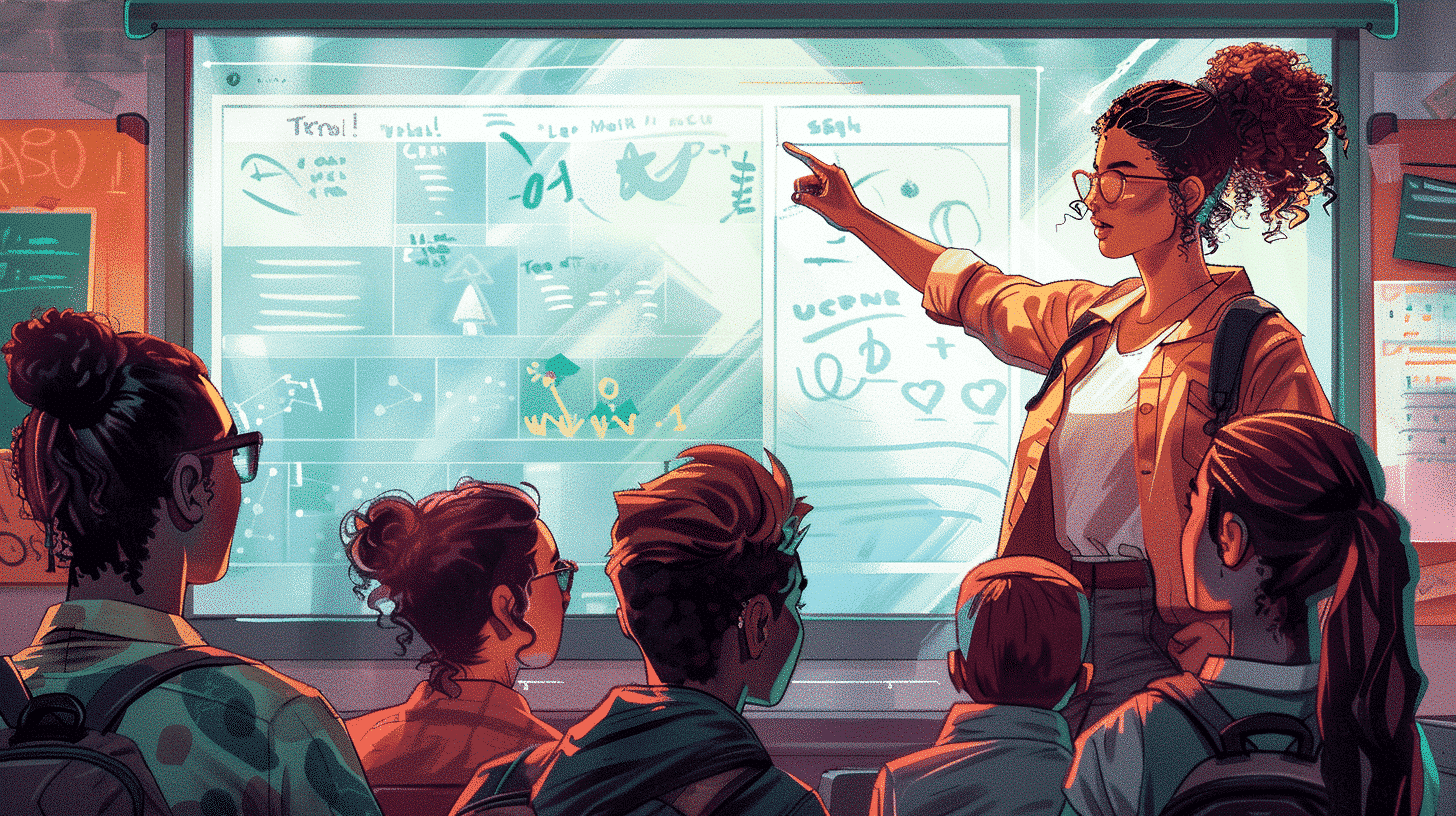Understanding B2 Français Compréhension Orale
The B2 level, as defined by the Common European Framework of Reference for Languages (CEFR), marks an upper-intermediate proficiency where learners can understand the main ideas of complex texts and communicate fluently in most situations. Specifically, b2 francais comprehension orale refers to the ability to understand spoken French in various contexts, including formal discussions, media broadcasts, and everyday conversations.
Key Competencies of B2 Oral Comprehension
- Understanding detailed speech: Grasping extended discourse on concrete and abstract topics.
- Following complex arguments: Comprehending opinions, hypotheses, and nuanced points of view.
- Recognizing idiomatic expressions: Identifying colloquial language and cultural references.
- Distinguishing speakers: Understanding different accents, speech rates, and registers.
Achieving these competencies allows learners to participate actively in conversations, follow news reports, and engage with French media confidently.
Challenges in Developing B2 French Listening Skills
While reaching the B2 level is rewarding, learners often face challenges that can impede progress in oral comprehension:
- Speed of native speech: French speakers often talk quickly, which can overwhelm learners.
- Variety of accents and dialects: Exposure to different regional accents may cause confusion.
- Use of idioms and slang: Informal expressions can be difficult to decipher without cultural context.
- Background noise and overlapping speech: Real-life listening situations are rarely perfect.
Overcoming these obstacles requires targeted strategies and consistent practice with authentic materials.
Effective Strategies to Improve B2 Français Compréhension Orale
To enhance your b2 francais comprehension orale, consider implementing the following methods:
1. Regular Exposure to Authentic Audio Materials
Engaging with real-world French audio content is crucial. This includes:
- Listening to French podcasts and radio shows focusing on news, culture, and current events.
- Watching French films, TV series, and documentaries with or without subtitles.
- Participating in conversations with native speakers through language exchange platforms like Talkpal.
Consistent exposure helps your brain adapt to natural speech patterns, vocabulary, and intonation.
2. Active Listening and Note-Taking
Passive listening is not enough at the B2 level. Practice active listening by:
- Taking notes on main ideas, keywords, and unfamiliar expressions during listening sessions.
- Summarizing audio content in your own words to reinforce understanding.
- Replaying difficult sections to clarify meaning and catch missed details.
3. Utilizing Interactive Platforms Like Talkpal
Talkpal offers live speaking and listening practice with native French speakers, providing immediate feedback and correction. Benefits include:
- Simulated real-life conversations tailored to your proficiency level.
- Exposure to diverse accents and speaking styles.
- Personalized learning plans focusing on weak areas in comprehension.
- Access to a community of learners and tutors for motivation and support.
Such interactive practice significantly accelerates improvement in b2 francais comprehension orale.
4. Expanding Vocabulary and Phrases
Comprehension improves when you understand more words and expressions. To build vocabulary effectively:
- Learn thematic vocabulary related to common B2 topics such as environment, technology, politics, and culture.
- Study idiomatic expressions and colloquialisms frequently used in spoken French.
- Use spaced repetition tools and flashcards to retain new vocabulary.
5. Practicing with Transcripts and Subtitles
Using transcripts or subtitles can help bridge the gap between spoken and written language. Recommended practices include:
- Listening to audio while reading transcripts to associate sounds with words.
- Watching videos with French subtitles to reinforce spelling and pronunciation.
- Gradually removing subtitles as listening skills improve to challenge comprehension.
Recommended Resources for B2 Français Compréhension Orale
In addition to Talkpal, several high-quality resources can support your learning journey:
Podcasts
- Journal en français facile – A daily news podcast with slow, clear French.
- InnerFrench – Focuses on culture and current affairs with comprehensible speech.
- Français Authentique – Designed to teach natural spoken French.
Video Platforms
- TV5Monde – Offers news, documentaries, and learning exercises.
- France 24 – Live news broadcasts and reports.
- Learn French with Vincent – Video lessons focusing on listening and pronunciation.
Apps and Websites
- Talkpal: Interactive speaking and listening practice with native speakers.
- LingQ: Interactive reading and listening with vocabulary tracking.
- Quizlet: Flashcards and vocabulary games tailored to B2 topics.
Measuring Your Progress in B2 Oral Comprehension
Tracking improvement is essential to stay motivated and adjust learning strategies. Use these methods:
- Practice official DELF B2 listening exams: Familiarize yourself with test formats and assess your skills.
- Record and review your speaking sessions: Identify areas needing improvement.
- Take online quizzes and comprehension tests: Many websites offer free resources tailored to B2.
- Seek feedback from native speakers on Talkpal: Constructive criticism helps refine your understanding.
Conclusion
Enhancing your b2 francais comprehension orale is a rewarding challenge that opens doors to deeper cultural understanding and effective communication. By combining consistent exposure to authentic materials, active listening techniques, vocabulary expansion, and interactive practice through platforms like Talkpal, learners can overcome common obstacles and reach fluency. Embrace these strategies and resources to confidently navigate the complexities of French oral comprehension at the B2 level.









